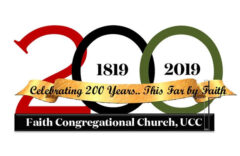The Greatest Myths About Lent
This is, in fact, incorrect. Lent is a period of preparation in which Christians remember the life of Jesus through prayer and penance, but it is more directly related to his ministry than his death.
The scriptural impetus for Lent is the forty days that Jesus spent in the wilderness after his baptism. The three earliest Gospels – Matthew, Mark, and Luke – all state that after his encounter with John the Baptist at the river Jordan, Jesus was led out into the desert by the Spirit (in the Gospel of Mark the Greek reads that Jesus was “kicked out” or “driven” into the desert by the Spirit). There he spent 40 days and night being tempted by Satan before calling the disciples in Galilee.
![]()

 CANDIDA MOSS 02.26.17 12:15 AM ET
CANDIDA MOSS 02.26.17 12:15 AM ET